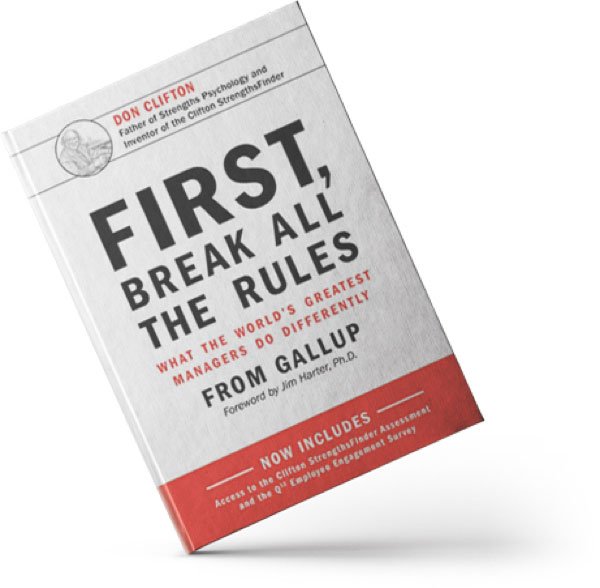Cooper Parry Corporate Finance’s fifth annual Healthcare event brought some of the UK’s most exciting Health & Social Care business leaders and industry experts to London’s Royal Society of Medicine to discuss healthcare tech.
We asked our panel of speakers their thoughts on solving issues in the Health & Social Care system and how to transform it going forward.
Find out what Paul Johnson, CEO & Co-Founder of Radar Healthcare, Garry McCord, CEO at Healthcare Business Solutions, David Lynes, CEO & Founder of Unique IQ, and James Silk, Partner at CIL Management Consultants had to say.
1. First up, a big one. How can we solve the waiting list crisis?
The answer, for all our panellists, lies in innovation. Garry McCord said politicians need to be brave and “break the model”, giving people direct access to services, because seeing their GP slows things down. Digital tools at the front end can, and already are helping with the triage of people so they don’t always have to see someone in person before decisions are made.
Paul Johnson spoke about tech suppliers, like his own company Radar Healthcare, and their need to be innovative. Right now, however, the priority isn’t “sexy innovation”, but creating capacity in the system.
Paul noted that data, machine learning and AI are no longer buzz words but “must words” and a surgeon can save a life, but data can save thousands. Tech providers need to create capacity to create time at the bedside for clinicians.
2. How can we solve bed blocking and get people back into the community?
Again, perhaps unsurprisingly given the panel of speakers and the unquestionable importance of digital solutions right now, the focus remained on tech. David Lynes spoke of discharging patients quickly as being a big growth area in HealthTech.
The challenge is mobilising the right people and providing the right tools to build self-managed teams. It needs to be flexible and move away from the typical domiciliary care processes. People are always the most valuable asset, so we need to make sure we’re using them in the best way possible.
3. What should the priorities be for preventive care?
Here, the panel discussed the importance of addressing health inequalities. Particularly, ensuring equitable access to healthcare services, targeted interventions, and tailored outreach programs to address disparities in outcomes.
“Health inequality is in every major city,” Paul Johnson told us. “Life expectancy differs in Birmingham by 10 years between postcodes.” So, the priority should be community services, improving access and helping those at the lower end of the health divide. Start there and it will have a material impact.
Our audience chipped in with some questions of their own, and given the industry experience of all in attendance, we knew full well there’d be some gems.
4. How can we solve the issue of doctors moving to the private sector?
Many dentists have already moved from the NHS to the private sector. GPs are doing the same now and a large number are retiring. So, with no current government incentive to increase numbers or active recruitment overseas, where do the staff come from?
Garry McCord said we can’t focus on increasing numbers. Instead, we need to reduce demand for GPs through digital tools, be that AI or straightforward questionnaires software. As one guest said, the government also needs to look at future proofing the sector to account for the higher percentage of women and primary care givers taking up medical degrees in recent years, making sure the options of more flexible working patterns and reduced hours become a reality.
5. How widely is AI being used in social care?
Although AI has been kicking around for ten years, it’s only recently got real traction as people have realised it can be a key component in person-centred care, creating more quality human contact time – not less.
As a result, there’s huge potential for AI in this area, David Lynes told us. It can be used to get the right people to look after the right clients – something that’s challenging for humans to organise at scale, make care safer, evidence care and reduce time spent writing care plans.
The challenge is making sure all this new technology and new systems are interoperable, giving care providers a connected, holistic view of their employees and patients.
6. What does ‘good’ look like for companies in Health & Social Care?
“Employers should be obliged to look after provision of care for employees,” Paul Johnson said, as he suggested offering benefits such as virtual GPs to make life easier for care teams.
It’s no secret Health & Social Care employers need to make the sector more attractive to those contemplating a career in care, and many of the points we’ve discussed already would be important steps towards that.
The sector still needs staffing providers, but these businesses are maturing. They’re no longer solely focused on recruitment. Now, they’re increasingly providing more services, like training or expanding recruitment efforts internationally.
7. What obstacles could we remove to transform the Health & Social Care system?
As trusts are breaking away with increasing autonomy to make their own decisions, we need to expedite decision making in the NHS and social care, Paul Johnson told us.
Garry McCord and David Lynes brought the discussion back to innovation, saying the NHS needs to allow their ICS, ICBs and trusts to use new tech suppliers where the data shows there’s been success and improved outcomes. Data which many of these suppliers possess in abundance. The government needs to accept tech is here to stay. Tech is the future. And if we’re going to simplify and improve the system, the risk aversion and bureaucracy must go.
8. Finally, if you had a magic wand and one wish to improve the Health & Social Care system, what would it be?
James Silk suggested an openness to try new things. David Lynes spoke of removing bureaucracy, simplifying systems and removing hurdles. Garry McCord wished for more funding to keep up with the ageing population. And Paul Johnson asked to stop moving the furniture and creating new initiatives before existing ideas have landed and settled.
How many of those wishes will have come true when our sixth annual Healthcare event arrives in 2024? Only time will tell.























